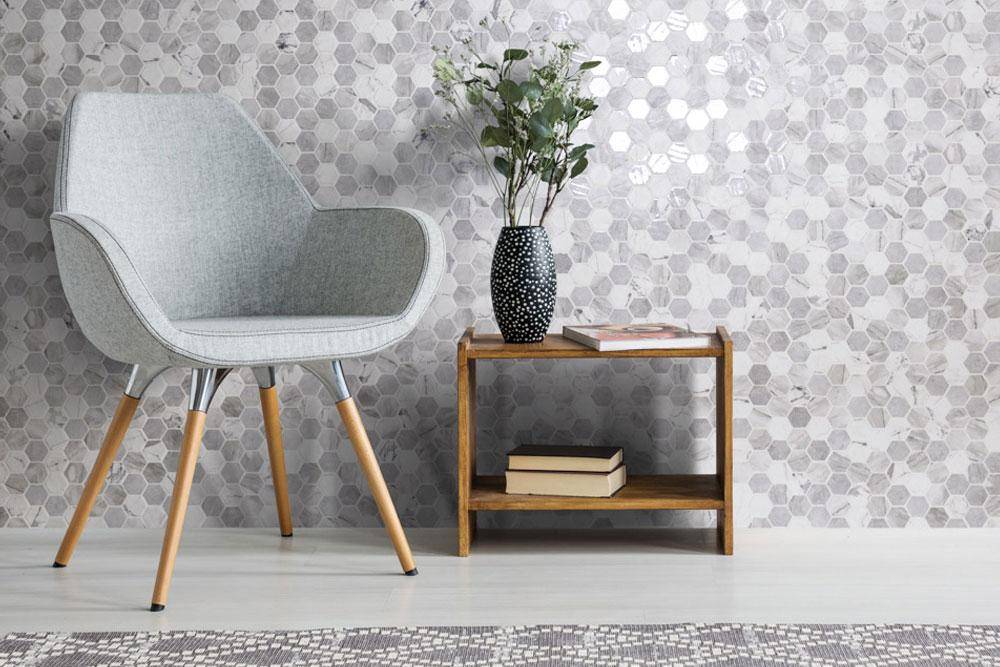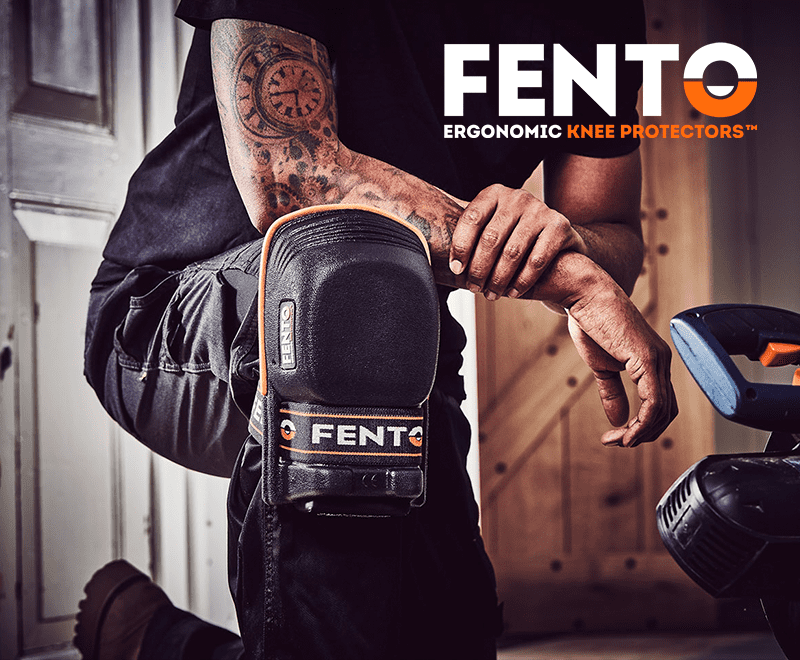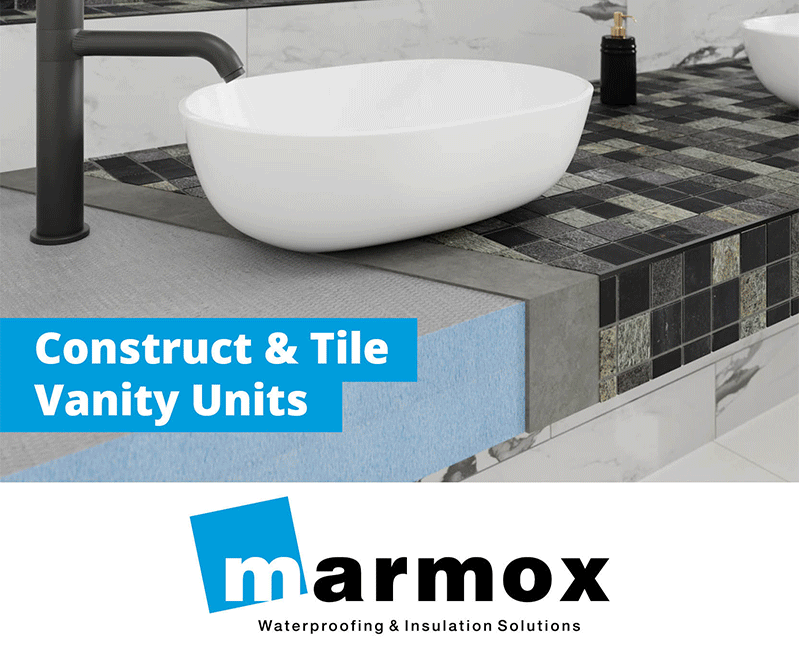Spanish tile makers are going green – and it’s not just the colour of the tiles, ASCER says.
The Spanish tile industry has shown commitment to tackling climate change by developing a sector-specific ecological label. The Environmental Product Declaration (or DAP) allows customers to obtain documentation of a tile’s recycled content as well as its impact on the environment in a broader sense.
Product labelling has been widely taken up by tile manufacturers. A brand will hold DAPs for its various materials, rather than generally as a company, so for example a producer may hold three DAPs for its porcelain, grès porcelain and white-body ceramic.
These materials undergo a full life-cycle analysis, from the extraction of raw materials, through production, to the recovery of construction and demolition waste.
Increasingly specifiers will need to be aware of these credentials, ASCER says. Customers will be asking more questions and ecological standards are very likely to tighten for large public and private buildings.
Ceramics have always been a safe choice. Made by combining fire, clay and water, tiles are a natural material and do not give off harmful emissions. They are durable and resistant to sudden temperature changes, damp and chemical and biological agents, offering a highly sustainable and lengthy life cycle. With their hardness and scratch resistance, tiles are a good choice for public spaces with high-traffic areas.
It’s not just underfoot the benefit of ceramics can be seen. The construction industry routinely utilises ceramic tiles to create ventilated facades. Ceramics can keep a building cool by acting as an insulator against thermal variations. These systems also control humidity and prevent water from condensing. In addition, they act as a buffer against environmental pollution thus promoting well-being. In a recent project in Madrid, a senior citizens’ residence was clad in custom-made forms that not only offered all these ecological advantages, but also created a striking exterior.
As the climate emergency deepens and energy costs soar, Spanish brands are taking a long, hard look at their production processes. A number of manufacturers around Castellón have introduced photovoltaic systems for their factories. One brand has predicted this will save €1m in energy costs over the next 25 years and reduce atmospheric CO2 emissions by 7,219Tn. It is this kind of commitment, says ASCER, that will secure the future of the ceramic tile industry.
www.tileofspain.com








